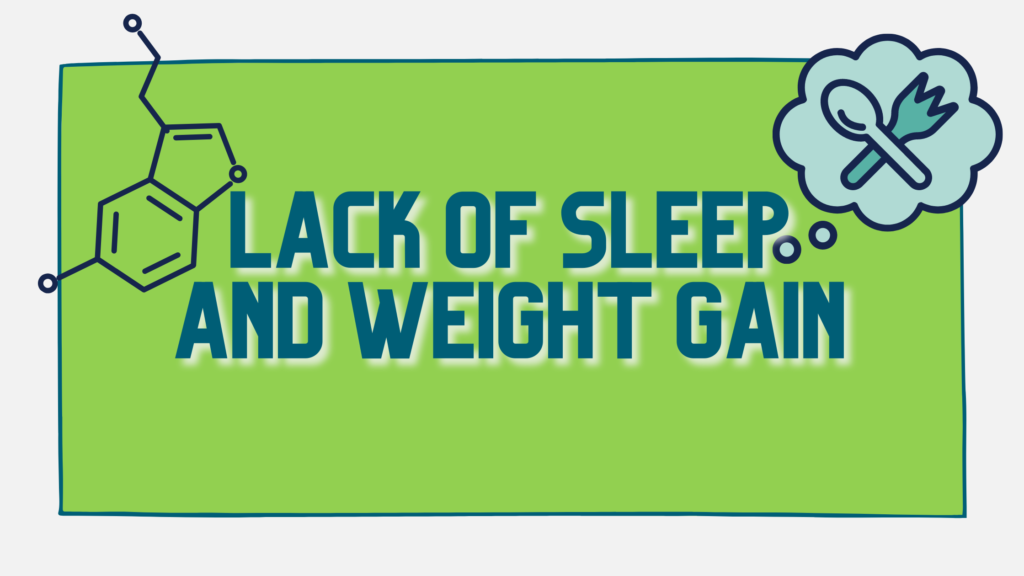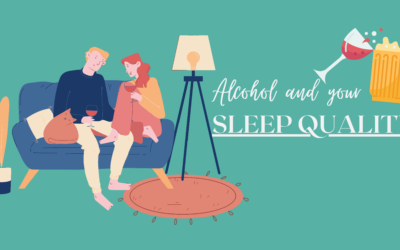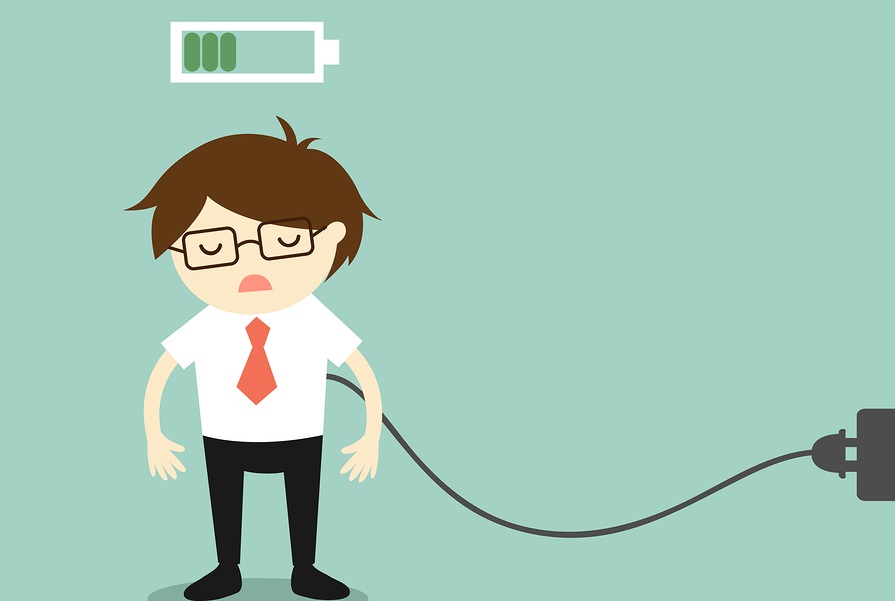-
Pingback: Write Your Way to Improved Sleep | Ohio Sleep Treatment
Lack of Sleep and Weight Gain
When striving to reach your fitness goals, a lack of sleep can increase risk for weight gain due to metabolic hormone regulation. Research suggests that regular short sleeping hours effect our appetite regulatory hormones, food intake, and obesity. In the following article, we considers sleeps impact on our metabolic hormones and how to mitigate the risk of obesity.
Sleep and Weight Gain
Our body has ways of communicating without us knowing. For instance, we have hormones that tell our brain when we are hungry and hormones that tell our brain when we are full. Ghrelin tells us when we are hungry, and leptin is what tells our brain when we are full. If these hormones become unbalanced that’s when we notice changes in our body.
One factor that can really upset these hormones is sleep! A lack of sleep can decrease the release of the secretion of Leptin. Which then will cause our body to be tricked into thinking that we are hungry. When leptin isn’t being secreted properly, we end up taking in more calories than is necessary for us to function, resulting in weight gain.
Sleep Study
A study conducted by the The Wisconsin Sleep Cohort Study reported “an association between short habitual sleep time and increased body mass index (BMI)” based on results from 1,024 volunteers. Furthermore, the study showed the following:
“Short sleep duration was associated with decreased leptin and increased ghrelin, changes that have also been observed in reaction to food restriction and weight loss and are typically associated with increased appetite. These hormone alterations may contribute to the BMI increase that occurs with sleep curtailment.”
Mitigate the Risk of Obesity
Lack of sleep due to poor sleep hygiene practices? Click here to read “Sleep Hygiene Dos and Don’ts”!
If you’re not getting good sleep as a result of a potential sleep disorder, it is critical that you take action to improve your health.
Unsure if you are at risk for a sleep disorder, like obstructive sleep apnea? Take the quick 8-question STOP-Bang questionnaire here to determine your risk for OSA.
Ready to “Sleep Like You Mean It”? Schedule your FREE consultation today!



